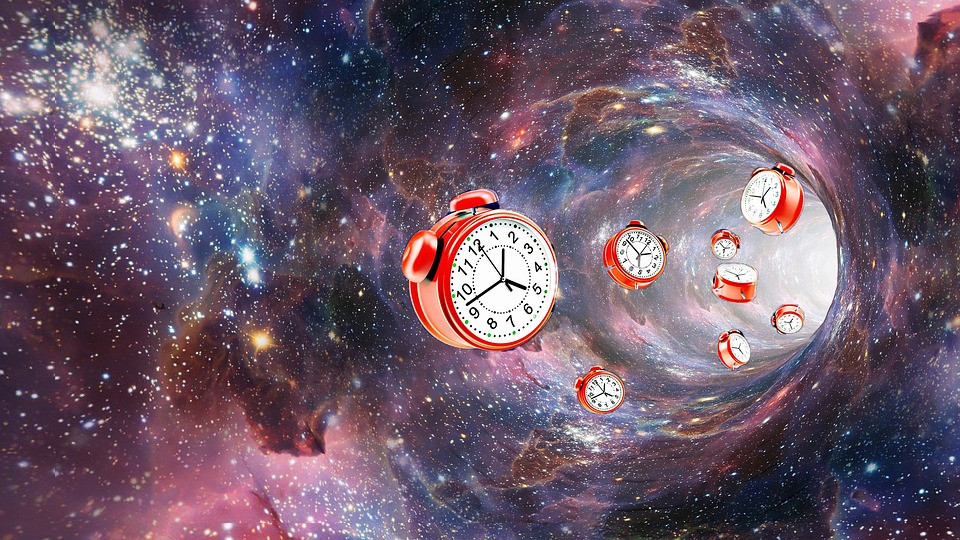
Now that we’re back on daylight-saving time—though not permanently yet, because we need a Congressional OK for that—please be careful out there. Many serious health problems flare up after clocks move forward in the spring. Reports of sleep deprivation take a jump, which is not too surprising insofar as the switch deprives us of an hour’s sleep. But the increased ailments also include heart attacks, stroke, inflammatory bowel diseases, and even suicide. Truly, circadian rhythms are not to be messed with.
And don’t think you’re out of danger after a day or two on DST. Many health problems persist at elevated levels long past March, and some subside only after the return to standard time in November. Many experts in physiology and related fields have lately come to the alarming conclusion that our bodies never fully adjust to DST, and that it’s bad for our health.
This view is especially alarming because Washington and other states have taken steps to adopt DST year-round. Advocates for this move blame health problems on the spring time change, which is why we should “ditch the switch,” they say, via permanent DST. But they’re pointing fingers in the wrong direction, scientists say. “It’s not one hour twice a year. It’s a misalignment of our biologic clocks for eight months of the year,” says Beth Ann Malow, professor of neurology and pediatrics at Vanderbilt University.
The emerging scientific view is that DST may promote sleep deprivation throughout its reign, with many unhealthy, follow-on effects. The science of circadian disruption is fascinating, and those who want to delve into it should start with a position paper adopted last year by the Society for Research on Biological Rhythms, an international organization of scientists and clinicians. The Society recommends abolition of DST. Other scientists reached the same conclusions in research articles published last year in Frontiers of Physiology and the European Journal of Internal Medicine. Last year also, the European Community voted to scrap DST, after three scientific societies jointly urged adoption of year-round standard time.
Congress may be doing us a favor with its inaction on a bill, the Sunshine Protection Act, sponsored by Florida’s Sen. Marco Rubio, that could impose year-round DST nationwide. But from now until November, be vigilant. If COVID-19 doesn’t get you, DST might.

Seems a bit dramatic . And selective. Too much alarmist for me.